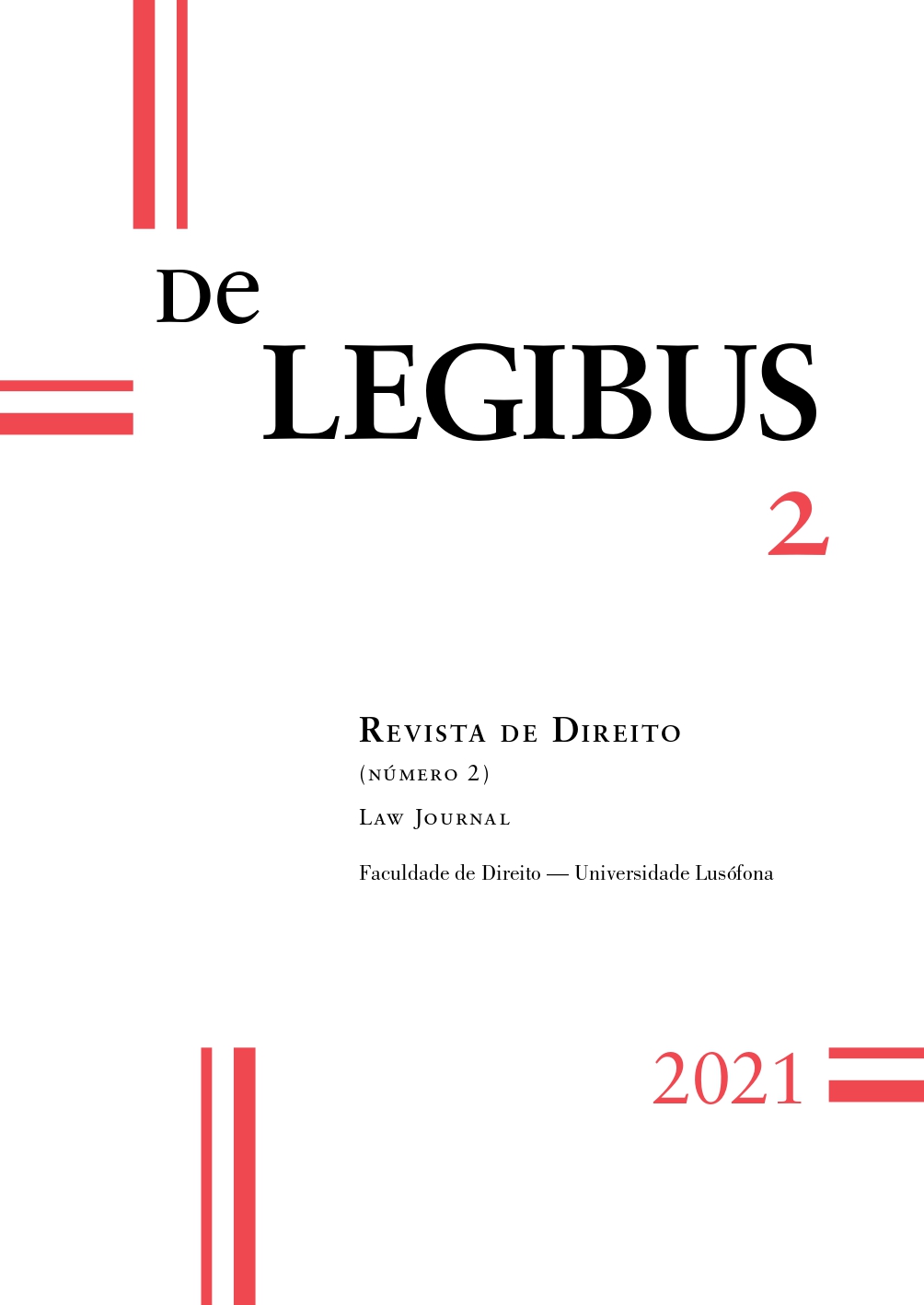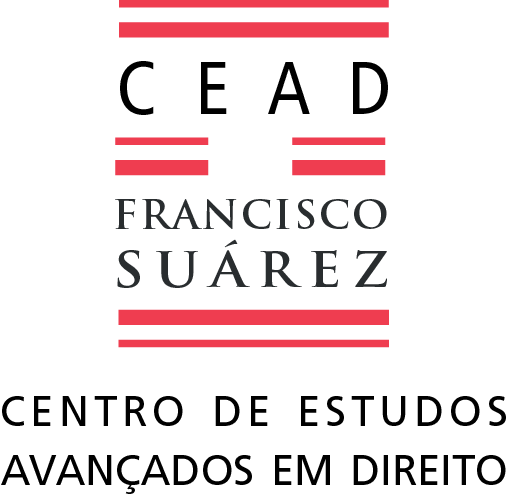A autoridade científica da prova pericial na persecução penal
O laudo convence porque tem autoridade, ou só tem autoridade porque convence?
Keywords:
scientific evidence, expertise, independence, valuation
Abstract
This is a study about the role, authority and degrees of autonomy and rational persuasion that a scientific evidence plays in criminal prosecution, both in the police investigation phase and in the criminal process course.
Downloads
Download data is not yet available.
References
CALHEIROS, Maria Clara. Para uma teoria da prova. Coimbra: Coimbra Ed., 2015.
CARDOZO, Benjamin N. “The nature of the judicial process”. New Haven: Yale University Press, 1921.
COENDET, Thomas. Legal Reasoning: Arguments from Comparison. Archiv für Rechts - und Sozialphilosophie, 102, 2016/4, pp. 476–507.
EDMOND, Gary. “Science, Law and Narrative: Helping the ‘Facts’ to Speak for Themselves” (1999) 23 Southern Illinois University Law Review, pp. 555-583.
FAIGMAN, David L. “The tipping point in the law's use of science: the epidemic of scientific sophistication that began with DNA profiling and toxic torts”. HeinOnline - 67 Brook. L. Rev. 111 2001-2002, pp. 111-125.
_________________. “To Have and Have Not: Assessing the Value of Social Science to the Law as Science and Policy”. San Francisco: 38 Emory Law Journal, 1989, pp. 1005-1095, pp. 1017-1019. Disponível em https://repository.uchastings.edu /cgi/viewcontent.cgi?article=1139&context=faculty_scholarship Acesso em 20/10/2021.
FERRAZ Jr., Tercio Sampaio. A ciência do direito. 3ª ed. São Paulo: Atlas, 2014.
FRECKELTON, Ian. (1986). “Court experts, assessors and the public interest”. International Journal of Law and Psychiatry, Volume 2, Issue 2. New York: Elsevier Ltd., 1986, pp. 161–188. Disponível em https://doi.org/10.1016/0160-2527(86)90033-6 Acesso em 20/10/2021.
GLANERT, Simone. “Method?”. In Pier Giuseppe Monateri (Org.), Methods of Comparative Law, Elgar, Cheltenham, Northampton, 2012, pp. 61-81.
KELSEN, Hans. Teoria Pura do Direito. 6ª ed. São Paulo: Martins Fontes, 1998.
NEVES, António Castanheira. Questão-de-facto - questão-de-direito ou o problema metodológico da juridicidade: ensaio de uma reposição crítica. Coimbra: Almedina, 1967.
Supreme Court of United States of America. Sítio eletrônico. Disponível em https://supreme.justia.com/cases/federal/us/509/579/case.pdf. Acesso em 20/10/2021.
TARUFFO, Michele. A prova. São Paulo: Marcial Pons, 2014.
TWINNING, Willian. “Evidence as a multi-disciplinary subject” In Law Probability and Risk (2003) 2. Oxford: Oxford University Press, 2003, pp. 91-107.
VAN HOECKE, Mark. “Methodology of comparative legal research”. In Law and Method. London: Queen Mary University Press, 2015.
WALT, Lirieka Meintjes-Van Der. “Decision-makers' Dilemma: Evaluating Expert Evidence”. HeinOnline - 13 S. Afr. J. Crim. Just. 315, 2000, pp. 319-343.
ZWEIGERT, Konrad; KÖTZ, Hein. An Introduction to Comparative Law. 3rd ed. Translated by Tony Weir. Oxford: Oxford University Press, 1996.
CARDOZO, Benjamin N. “The nature of the judicial process”. New Haven: Yale University Press, 1921.
COENDET, Thomas. Legal Reasoning: Arguments from Comparison. Archiv für Rechts - und Sozialphilosophie, 102, 2016/4, pp. 476–507.
EDMOND, Gary. “Science, Law and Narrative: Helping the ‘Facts’ to Speak for Themselves” (1999) 23 Southern Illinois University Law Review, pp. 555-583.
FAIGMAN, David L. “The tipping point in the law's use of science: the epidemic of scientific sophistication that began with DNA profiling and toxic torts”. HeinOnline - 67 Brook. L. Rev. 111 2001-2002, pp. 111-125.
_________________. “To Have and Have Not: Assessing the Value of Social Science to the Law as Science and Policy”. San Francisco: 38 Emory Law Journal, 1989, pp. 1005-1095, pp. 1017-1019. Disponível em https://repository.uchastings.edu /cgi/viewcontent.cgi?article=1139&context=faculty_scholarship Acesso em 20/10/2021.
FERRAZ Jr., Tercio Sampaio. A ciência do direito. 3ª ed. São Paulo: Atlas, 2014.
FRECKELTON, Ian. (1986). “Court experts, assessors and the public interest”. International Journal of Law and Psychiatry, Volume 2, Issue 2. New York: Elsevier Ltd., 1986, pp. 161–188. Disponível em https://doi.org/10.1016/0160-2527(86)90033-6 Acesso em 20/10/2021.
GLANERT, Simone. “Method?”. In Pier Giuseppe Monateri (Org.), Methods of Comparative Law, Elgar, Cheltenham, Northampton, 2012, pp. 61-81.
KELSEN, Hans. Teoria Pura do Direito. 6ª ed. São Paulo: Martins Fontes, 1998.
NEVES, António Castanheira. Questão-de-facto - questão-de-direito ou o problema metodológico da juridicidade: ensaio de uma reposição crítica. Coimbra: Almedina, 1967.
Supreme Court of United States of America. Sítio eletrônico. Disponível em https://supreme.justia.com/cases/federal/us/509/579/case.pdf. Acesso em 20/10/2021.
TARUFFO, Michele. A prova. São Paulo: Marcial Pons, 2014.
TWINNING, Willian. “Evidence as a multi-disciplinary subject” In Law Probability and Risk (2003) 2. Oxford: Oxford University Press, 2003, pp. 91-107.
VAN HOECKE, Mark. “Methodology of comparative legal research”. In Law and Method. London: Queen Mary University Press, 2015.
WALT, Lirieka Meintjes-Van Der. “Decision-makers' Dilemma: Evaluating Expert Evidence”. HeinOnline - 13 S. Afr. J. Crim. Just. 315, 2000, pp. 319-343.
ZWEIGERT, Konrad; KÖTZ, Hein. An Introduction to Comparative Law. 3rd ed. Translated by Tony Weir. Oxford: Oxford University Press, 1996.
Published
2022-01-31
How to Cite
Murilo Strätz. 2022. “A Autoridade científica Da Prova Pericial Na persecução Penal: O Laudo Convence Porque Tem Autoridade, Ou Só Tem Autoridade Porque Convence?”. De Legibus - Law Journal, no. 2 (January), 19. https://doi.org/10.60543/dlb.vi2.7950.
Section
Articles
![]()
Free and open access to the editorial content is guaranteed for all readers, and its full or partial reproduction is permitted under the CC BY 4.0 (Creative Commons Atribuição 4.0 Internacional) license.





